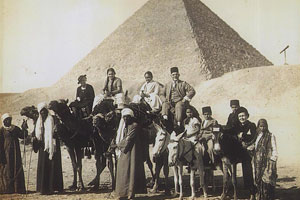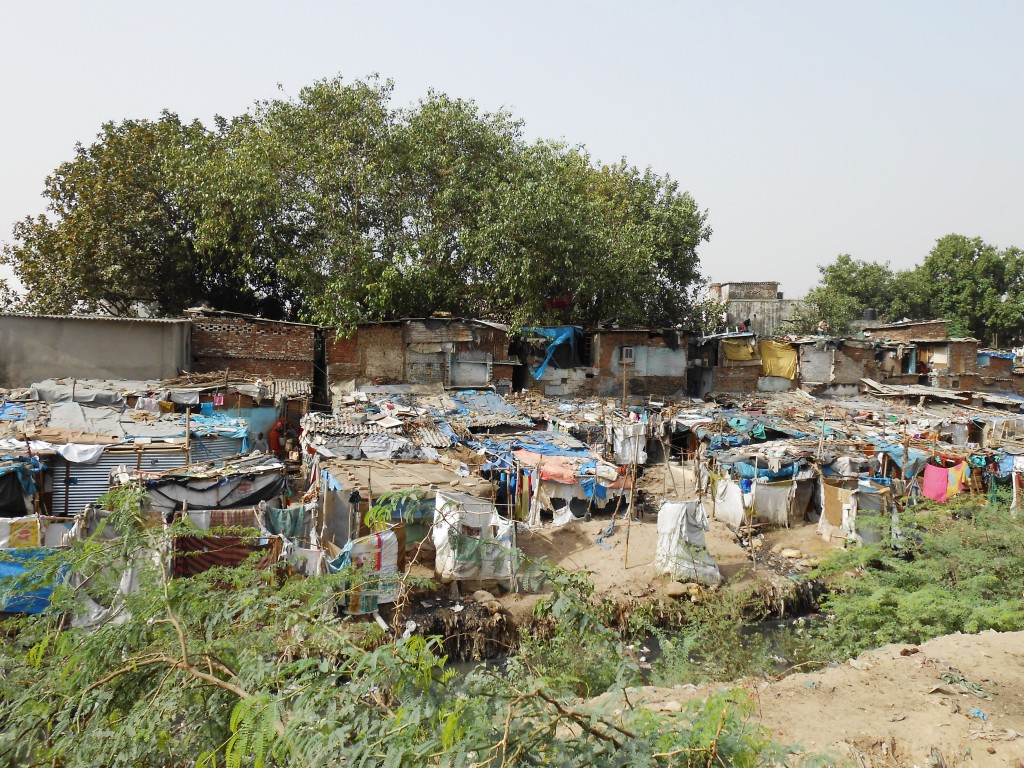Twenty-three Harvard Law School students have been awarded the 2013 Chayes International Public Service Fellowship this summer. They are working abroad in Afghanistan, Argentina, Bangladesh, Cambodia, France, India, Italy, Hungary, Japan, Myanmar, the Netherlands, Portugal, Rwanda, Sierra Leone, South Africa, the United Kingdom and Yemen, as well as in New York City and Washington, DC. Please click here to read brief biographies and descriptions of their summer placements submitted by the students
Tag Archives: India
“You never know where connections will come from.”
“It wasn’t inevitable that Harvard Law School graduate students Erum Khalid Sattar and Rebecca Zaman would meet so soon, or even at all. Sattar has been at the law school for three years, pursuing a doctorate in juridical science (S.J.D.); Zaman arrived in August to begin a year of study for a master’s in law (LL.M.). Sattar is from Pakistan, and studied law in London; Zaman grew up, earned her law degree and completed a judicial clerkship in Australia. Then again, they’re about the same height, with the same dark brown hair, and that might not be just a coincidence.”
Visit the Harvard Law School web site to read more.
Chayes Fellow Lindsay Henson (JD ’14), spending the summer with the Human Rights Law Network, India
“This summer, I have been working with the Human Rights Law Network (HRLN) in New Delhi, India. Some of my work has been on urban housing rights of slum-dwellers who are forcibly evicted from their homes by the government. Over the past 10 years, major cities throughout India have been engaging in massive demolition drives of slums in the name of development and modernization. As a result, tens of thousands of families who have been residing in these slum areas have been left homeless. These forced evictions and demolitions are often done in violation of both domestic and international human rights law. The Constitution of India protects the right to life which has been interpreted by the courts to include the right to shelter. To that end, local governments have established rehabilitation policies which provide that if an individual slum-dweller meets certain criteria, the government is supposed to provide them with alternative housing. However, these demolitions are often done without following due process and victims are not provided with proper rehabilitation.
During my time with HRLN, I’ve gotten to work on several urban housing rights cases that have been filed over the past few years. Ideally, we try to prevent demolitions from happening by petitioning the court for a stay order on the demolition until a proper survey can be conducted to determine which residents are eligible for rehabilitation. However, if the demolition has already occurred, then we work to get proper rehabilitation and compensation for residents as needed. Sadly, these cases can last for months and even years as people wait to be rehabilitated by the government. Often they have no other choice but to pick up the pieces of their demolished home and rebuild either in the same spot or elsewhere.
For example, in January 2009, the government arrived on site with no prior notice, gave residents 30 minutes to remove their belongings, and demolished over 200 homes. The residents filed a public grievance shortly after the demolition, but nothing came of the various hearings. HRLN filed a petition in the Delhi High Court in late 2011 seeking proper rehabilitation for eligible victims. In June 2012, we received word over the weekend that the government was threatening to again demolish the temporary structures that had been built after the 2009 demolition on Monday morning. When I asked what I could do to help, my supervisor responded with “you any good at standing in front of bulldozers?” Only he wasn’t kidding. So first thing Monday morning, I headed to the slum waiting for the bulldozers to arrive. While I was on site, my supervisor was at the Delhi High Court filing an urgent petition. Thankfully, he was able to get a temporary stay order preventing the government from any further demolition activity until the next hearing. It is a small step to be sure, but an incredible thing to be a part of.“
Amanda Barry, Program Coordinator, on the Linklaters India Internship presented by the Program on the Legal Profession
“This January I worked on site for the Linklaters India Internship program in Mumbai and Delhi. The program gives students an insight into working in the legal sector of the closed Indian legal market while also conducting research for academic papers. This year we had 10 students interning at 4 firms and one corporate counsel. Adjusting to working in a new city is both challenging and exciting. The students were already masters of the city by the time I arrived a week into the program. Their ability to adapt to and absorb the culture was astounding. Meeting with the host firms and Jindal Global Law School fostered greater collaboration and support for student research.”
Kerala Cowart (JD ’11), spending the summer working for the Human Rights Law Network in India as a 2010 Chayes Fellow
“I just returned from a trip to the Himalaya Indian/Tibet border region, where the Himachal Pradesh state government plans to build an enormous hydropower project on tribal lands. I am drafting the appeal of the Environmental Impact Assessment conducted for that project.”


